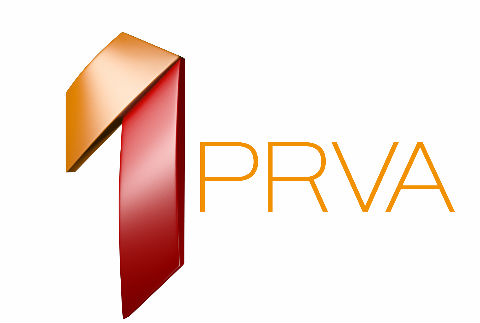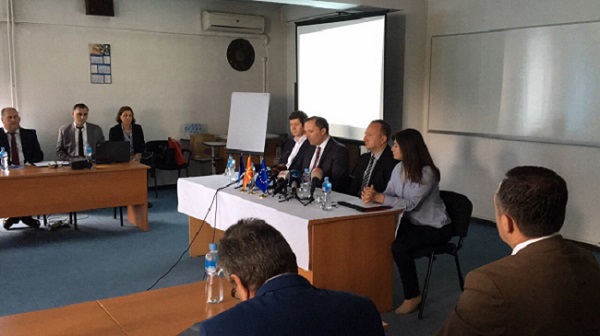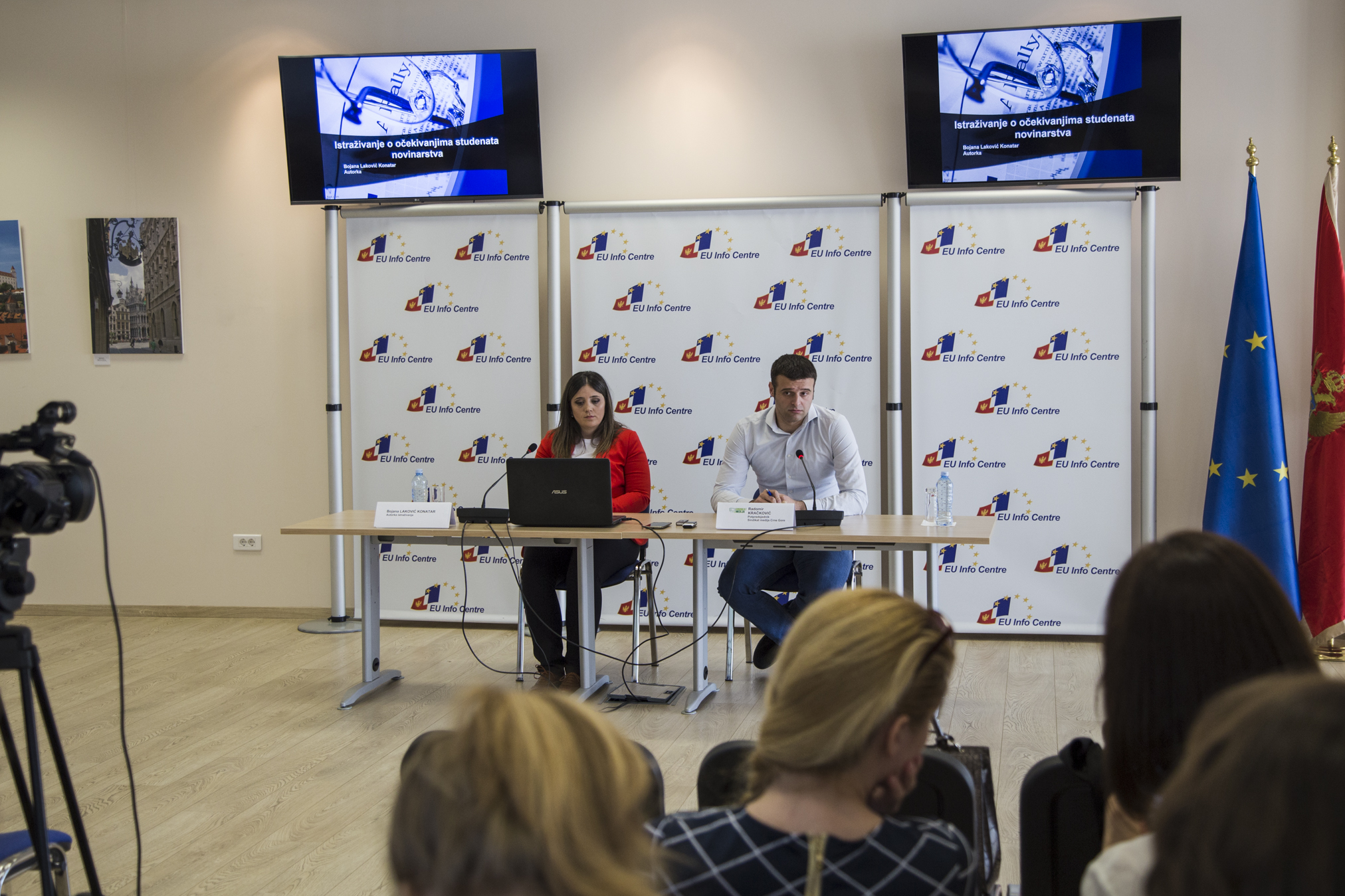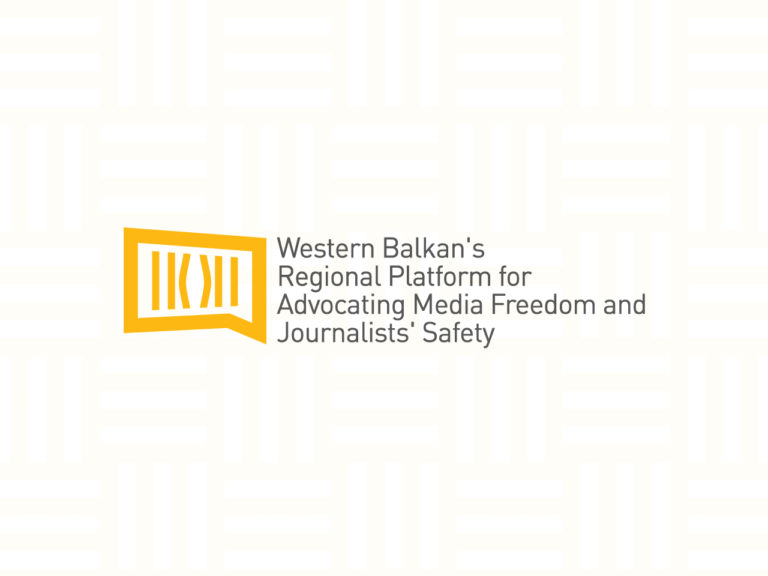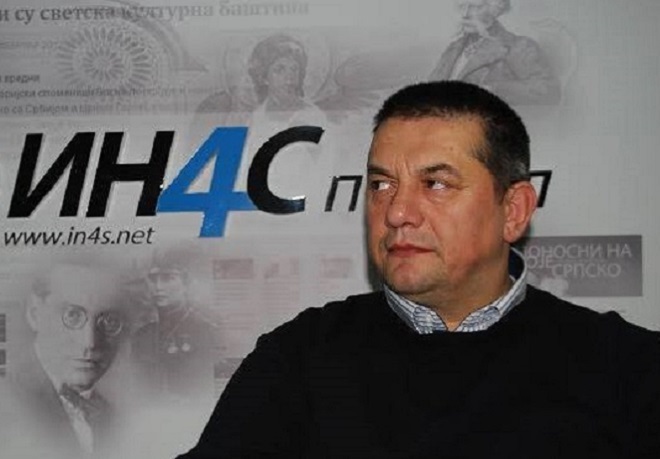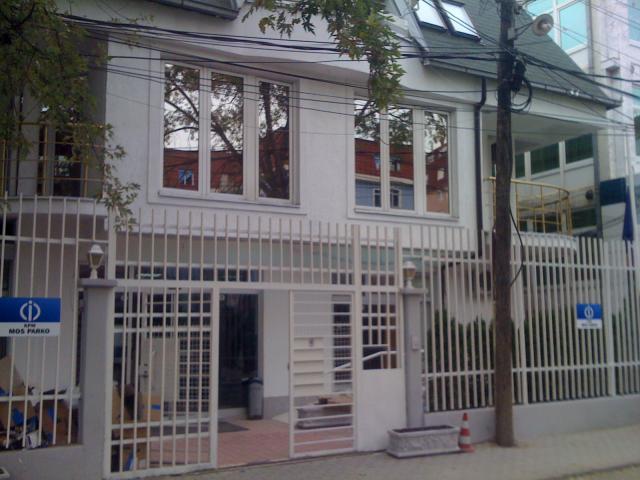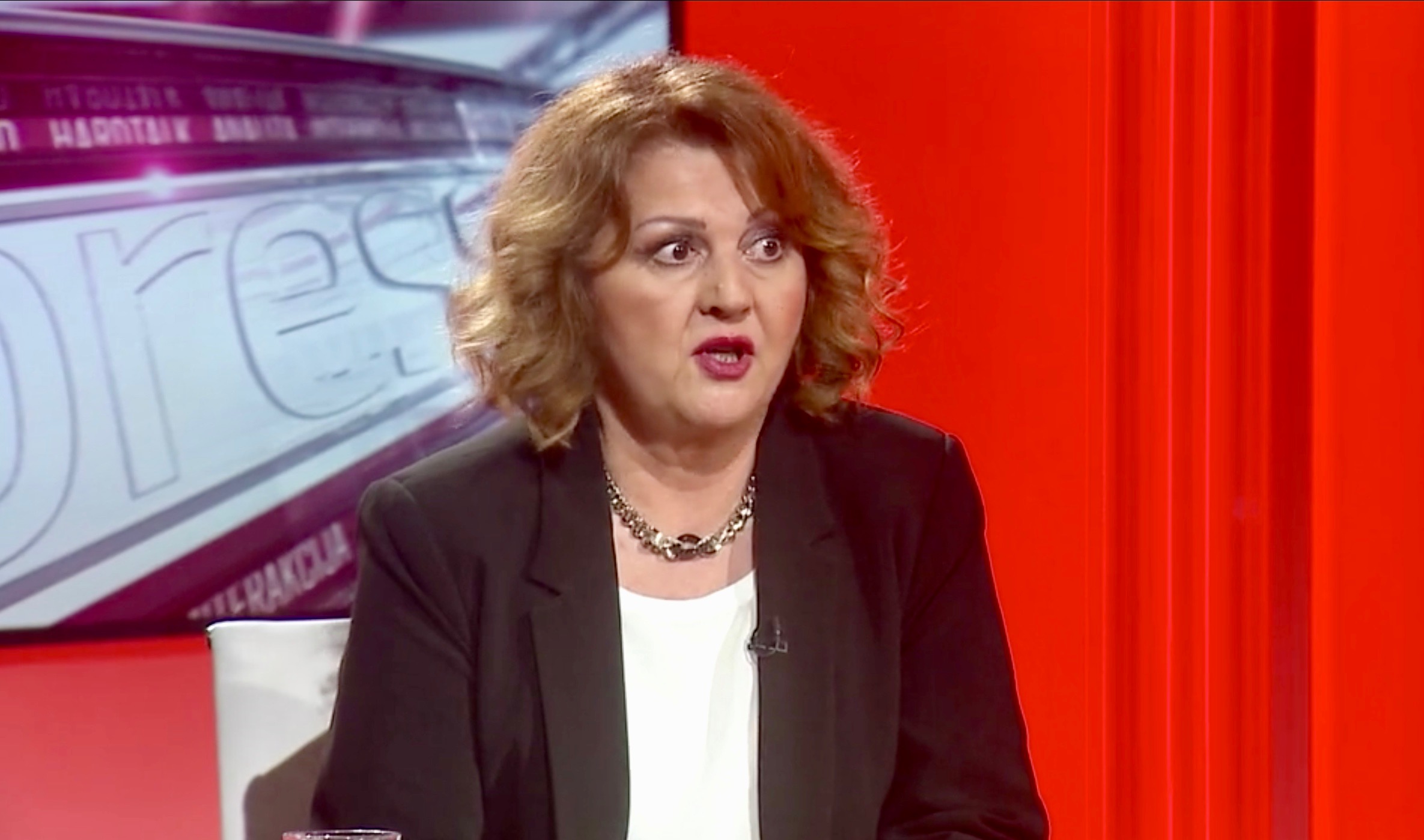BELGRADE, 19.04.2018. – Serbia’s information commissioner, NGOs, and experts have criticised a draft law that they say will make it easier for institutions and companies to withhold important information from the public.
Serbia’s Ministry of State Administration has come under fire for proposing a law that many experts fear will allow institutions to avoid answering freedom of information requests, while totally exempting state-owned commercial companies from the obligation to do so.
The draft law, presented on March 22, allows institutions to initiate court proceedings against the information commissioner’s decisions, potentially delaying or completely blocking implementation of his orders to give documents and information to those who seek them.
“This would practically kill the right [to free access to information],” Information Commissioner Rodoljub Sabic told BIRN.
In Serbia, investigative journalists, watchdog groups, and citizens can file a complaint to the commissioner when public institutions or companies ignore or refuse their requests to provide them with information of public importance.
The commissioner can then order that institution to comply, and issue fines if they refuse to do so.
However, Sabic warned that the new draft enables institutions to delay or block his decisions until the processes end before the Administrative Court.
NGOs have also argued against the problematic articles in discussions with the ministry.
“We believe the process of obtaining information would be considerably slowed down because institutions will initiate undue legal proceedings,” lawyer Katarina Golubovic, from the Lawyers’ Committee for Human Rights, YUCOM, said.
She told BIRN that while the same possibility exists in some European countries, the problem in Serbia is the common practice of the state and its bodies of using every possible regulation that might delay court proceedings.
Svetozar Rakovic, from the Independent Journalists’ Association of Serbia, IJAS, says a case before the Administrative Court can take “months, or maybe up to a year”. The change “would cause total chaos,” Rakovic told BIRN.
Draft fails to fix some existing problems:
While the draft law aims to establish judicial control over the commissioner’s office, Sabic says mechanisms are already in place. If the public prosecutor agrees that any of commissioner’s decisions was wrong, his office can initiate proceedings before the court, Sabic added.
“Only in some 20 cases was the commissioner’s decision annulled, for procedural reasons that were later addressed. No decision was ever overturned,” Sabic said.
Golubovic agreed, adding that almost all of the commissioner’s decisions that were examined by the court were confirmed.
“There is no justification for submitting the commissioner to [additional] legal protection,” she said.
Associations that have taken part in the public discussion about the draft law also stress that the proposed document fails to address some flaws of the existing system.
For example, a controversial part of the existing law, which says the commissioner can be dismissed by an absolute majority of MPs if he or she conducts his/her work “unprofessionally or unconscionably”, has been copied into the new draft.
“The notion that parliament should decide whether the commissioner did his work ’unprofessionally’ […] is controversial; parliament doesn’t have the capacity for this,” Golubovic said.
She added that the draft also does not improve the system of implementing the commissioner’s decisions if and when state entities refuse to comply.
Under both the current law and the draft, the commissioner can only issue fines up to 200,000 dinars, worth around 1,650 euros, which most institutions can pay easily.
Asked to comment on criticism of the draft, the Ministry of State Administration told BIRN that all points made during the public discussion would be considered. It did not address any specific issues, however.
“If there are different views concerning the proposed articles, the responsible approach … [should] include making a balanced and sustainable model,” the ministry said in its written reply.
State-owned companies exempted from law:
Another controversial part of the draft exempts commercial companies with state capital from the law on freedom of information.
According to the draft, both stock and limited liability companies would not have to comply with commissioner’s orders, “regardless of who their owner or shareholder is”.
Experts insist that such companies are of public interest, and are often afflicted by corruption, and so need to be monitored.
Around 40 Serbian NGOs and some media outlets have already signed a petition calling for the removal of this provision.
Their complaint notes that this provision would mean that important state companies working in telecommunications, energy and road infrastructure would not now be obliged to answer to freedom of information requests. The current law applies to these companies.
“We can definitely say this would be a step backwards,” Golubovic said, adding that this provision had also been criticised by experts from SIGMA, a joint initiative of the OECD and the EU, which took part in the public debate about the law.
BIRN asked SIGMA for its views but received no comment by the time of publication.
The ministry explained that this provision was added to protect these companies’ competitiveness. It said the “obligation to publish sensitive business information… reduced their ability to do business in the open market”.
Svetozar Rakovic, from IJAS, called the explanation absurd. “If Serbian Railways [a stock company] were exempted, that would be a terrible problem,” he told BIRN.
The same would apply to other companies, such as Koridori Srbije Ltd, which is responsible for constructing highways, or DIPOS Ltd, which leases and maintains state-owned real estate, Rakovic added.
Katarina Golubovic also finds the explanation “problematic”, since companies are already legally exempted from revealing their trade secrets. “The problem is with [withholding] other information that the public does have an interest in,” she said.
Public discussion on the draft law will run until April 19, after which the ministry will consider the opinions it has received and send a final draft to parliament.



